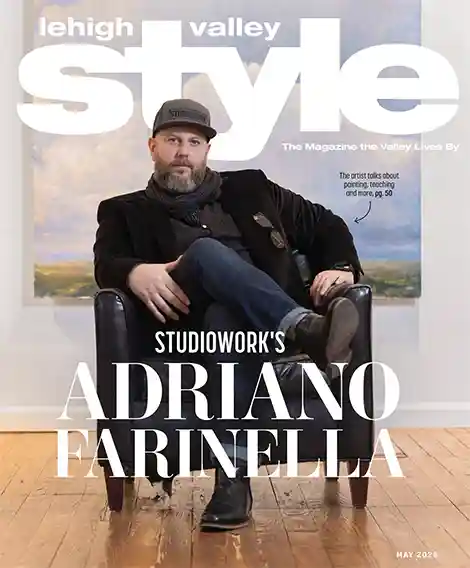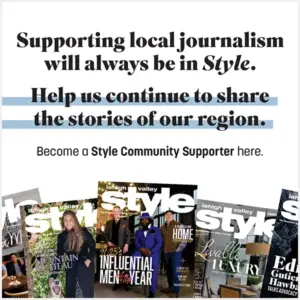Outdoor recreation is a balm to the spirit, great for our health and ripe for reclamation by people of color, who have a long and uniquely complicated relationship with the wild. Afros in Nature seeks to provide not just a safe and supportive community, but the s'mores, sunsets, bikes and hikes that everyone should be able to enjoy. Outdoor Recreation Coordinator and Chairman of the Board Elizabeth Allen explains Afros in Nature's mission for summer fun.

Outdoor Disparity
Our country's segregation and exclusion of people of color has led to a culture where jokes are made widely about how “white” camping is, and a climate where many don't feel safe out in nature where white people take their tranquility for granted.
“For generations, outdoor activity was what people of color did,” Allen says, “but in the United States, the historical context starts getting complicated. The outdoors has ties to things like slavery, segregation and unsafe experiences that continue to resonate. So many have ended up in urban environments where green spaces were not fostered, the ‘concrete jungle.'”
From Lockdown to Leisure
In the petri dish of creativity that was the depths of the pandemic, Afros in Nature was born. Since June 2020, the collaborative organization has taken shape “to plant seeds of safety in natural environments so that individuals of color—regardless of their gender identity, sexual orientation, creed or economic status—can create self-sustaining lifestyles with love, support and community.” Whether folks who grew up roaming the woods want to get back to spending time outside, or those totally new to such frolics as biking or snow tubing want to dip a toe in those waters, Afros in Nature is a beautifully intentional venue.
Motive is Everything
“Even 20 minutes a day outside has been shown to give marked improvement to folks' well-being,” Allen says. “Whether it's getting your hands into the soil, taking a walk, writing in a park or just existing, being outside can give mental clarity and allow you to feel like your best self.”
Allen is big on redefining what it means to be outdoorsy. For someone with a disability, her own favorite activities of walking and biking might not fit, but embracing sitting in the sun as outdoor activity can foster a connection with nature just as well. “You might be into taking pictures on your phone because that's the camera you have,” Allen suggests. You might bring nature inside with a houseplant habit.
Allentown has more parkland per capita than any other U.S. city its size. These and other green spaces around the Valley mean it's possible to work outdoor experiences into the everyday. “Sometimes being outdoorsy is just having a little outdoor time and having your lunch break outside, or walking meetings,” Allen says.
Local Meetups
Afros in Nature boasts some extremely cool meetups, from sunset paddle boarding and s'mores to hikes and hoagies, to bird watching and disc golf. “We want you to have a dope experience so you keep coming back,” Allen says. “There are times when we're sitting in silence nature bathing, or talking, sharing experiences and stories, finding commonalities.”
A sad statistic states that of people of color exposed to the outdoors, 70 percent won't go back. By offering a buffet of activities to pique the interest and a community that begets breakout groups planning their own outings, Afros in Nature is generating pockets of fun and friendship that keep growing. And speaking of growing, they're managing three community gardens in Bethlehem, giving members the opportunity to get involved.
Show Your Support
Jump on Afros in Nature's Instagram to see upcoming meetups and follow their Linktree for the calendar if you want to plan further out. Sign-up opens about a month in advance. Most events are free, but registration helps make sure there's enough food for everyone. On occasion there's an accountability fee which represents a portion of the event's cost to Afros in Nature, strictly to make sure someone will be there to benefit by every spot!
And for those who have always been reflected in the pages of an L.L. Bean catalog, there are ways to help the scene become more equitable. “Sometimes it's subtle,” Allen says. “Just that nice acknowledgment of someone enjoying nature, a nod or a smile to say, ‘I see you, I'm glad you're here.'”
If you see people being harassed, don't be afraid to make sure they're OK. “Don't be afraid to check in, ‘Are you good? Do you need anything?'” Allen encourages. “They might be fine, but if they could use an ally in that moment, it's the difference between performative allyship and real.”
Financial support of organizations like Afros in Nature goes a long way, too!
Published as “Ask the Expert” in the June 2023 edition of Lehigh Valley Style magazine.
















